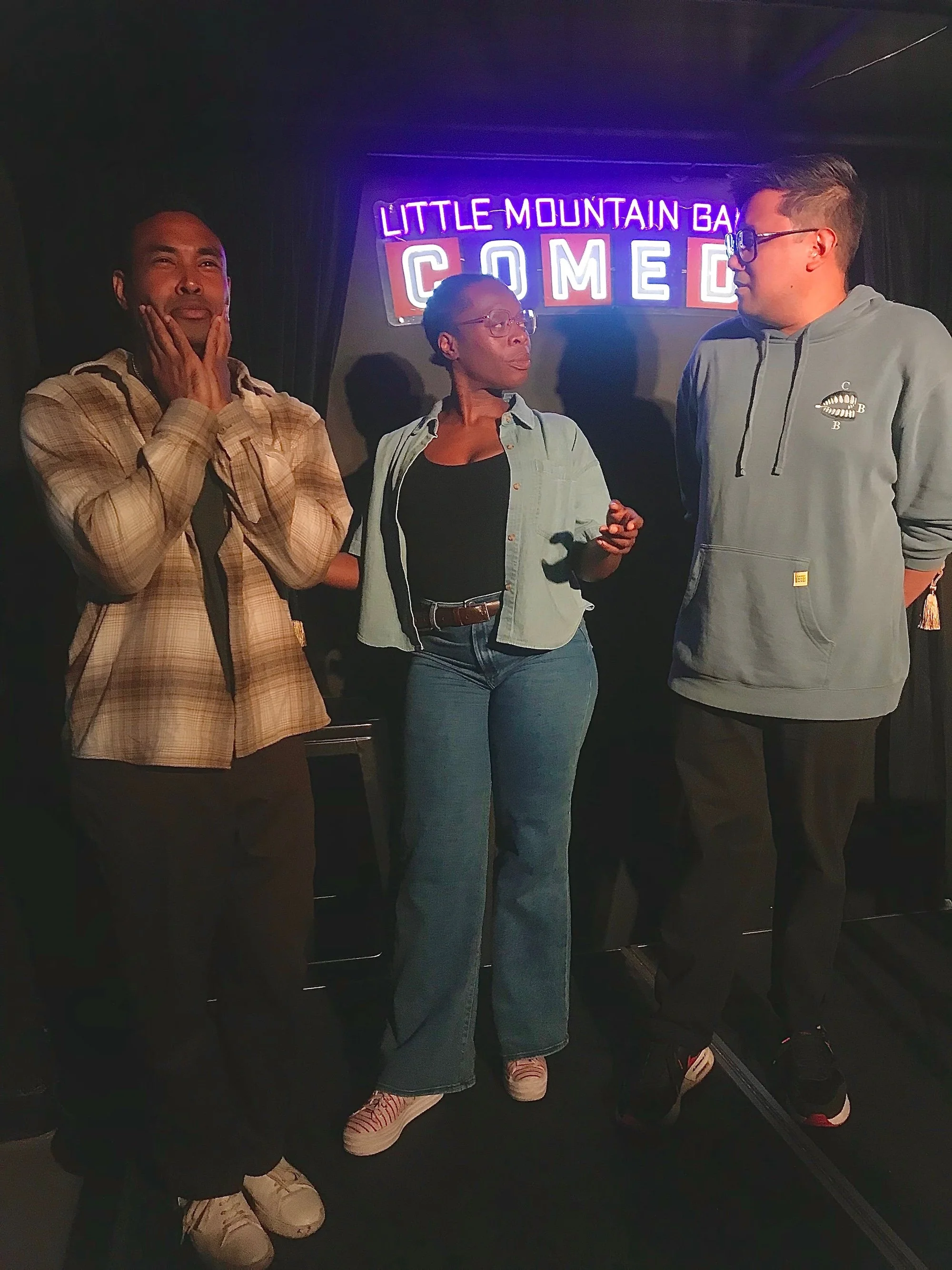Poet Fiona Lam plays with plastic in "Odes & Laments"
/“What’s held within/this cup, this poem, this juice/I offer you.”
So ends the first poem “Libation” in Fiona Tinwei Lam’s third collection of poetry. There is a brilliant simplicity to Odes & Laments (Caitlin Press), a collection that praises the small, mundane and ordinary, while mourning personal and global losses brought by human hands. With this collection, Lam offers delight and despair side by side, inviting the reader to revel in the nexus between love and social responsibility.
The book opens with a poem from Chilean poet Pablo Neruda, a master of the ode.
“I wanted to follow in [Neruda’s] footsteps by creating an accessible, democratic book that welcomes readers of all backgrounds and ages,” says Lam, adding that the collection “was an attempt to unearth the wonder, whimsy, value and meaning in what is often taken for granted.”
Odes to pockets, cake, August raspberries and baby feet hold overlooked treasures up to the light. These poems are all relatively small, most running under a page in length. They are little fragments of beauty, snapshots of moments—wonders that land gently on an open palm and leave a lingering sweetness before rolling into the next.
A darker thread weaves through these tiny celebrations, navigating personal trauma and ever present unease. Sometimes they stand at the forefront of a poem, and other times they are stitched into the seams of another more whimsical piece. With topics ranging from a parent’s death, an experience with bullying or environmental anxieties, Lam’s poetry highlights the omnipresent combination of joy and pain in life.
The most notable and unexpected feature of Odes & Laments is Lam’s illustrative offerings. Six concrete poems, also known as “shape poetry,” focus on plastic—be it consumption, production or waste. Lam says she had always wanted to write about plastic pollution, but struggled to find a way to do so that would go beyond a rant. She found the solution in the word’s etymology.
“Plastic comes from the Greek word ‘plastikos,’ meaning ‘able to be molded.’ So it made sense to mold words and phrases into shapes on the page in the same way plastic is molded in the industrial manufacturing process,” says Lam. “I wanted to echo how plastic is made, consumed and discarded.”
In the poem “Plasticnic,” plastic objects are itemized and encased in a circular mold, perhaps resting on a plastic plate or housed in a plastic container. In “Ocean” the word plastic itself has been cut and sliced and floats around the page in a way that echoes our polluted water. These poems are both cheeky and clever, inviting a kind of playfulness despite the grave message. Here, again, Lam turns the everyday into something richer— an ugly part of our existence into something to admire.
Branching into new territory, Lam has also collaborated with a number of different artists to turn some of these concrete poems into visual poems, complete with animation and sound design.
While the popular image of the poet tends to be one of solitude and typewriters, Lam collaborated with other artists to take four concrete poems a step further, adding animation and design. These video poems have screened at festivals around the world—a way to offer poetry beyond the page.
Sound designer Tinjun Niu was used for all four poetry videos, slurping through a straw and rustling plastic bags to mimic the effects Lam envisioned.
“A lot of work and time goes into a minute or two of animation. It's much like poetry: it distills and compacts experience.”
There have been long periods where Lam says despair about the state of the world has stopped her from writing.
“I’ve wondered about what I could possibly do or say that would make a difference. But ultimately, we need to make a stand— for the interconnectedness of all things, for creation, nature, beauty, wonder, delight, love.”
Odes & Laments acknowledges the tragedy of being, guides the reader through these emotions with grace, and reminds us that there is endless beauty in even the smallest object or moment.






